On August 6, 1945, the United States became the first — and so far only — country in history to carry out a nuclear attack, when it dropped an atomic bomb on the Japanese city of Hiroshima.
The exact death toll is still debated, but at least 70,000 people were killed in the blast. Some estimates suggest the number could be almost double.
Three days later, another bomb was dropped on Nagasaki, killing at least 40,000 more.
At the time, the attacks had widespread support in the U.S. Public opinion polling from the days following the bombings showed approval ratings as high as 85 percent.
That early backing helped fuel a narrative that has stuck around for decades — one that credits the bombings with ending World War II and saving American lives. Many U.S. politicians still repeat that position today.
But as the country marks the 80th anniversary of Hiroshima, public sentiment is changing. A recent Pew Research Center poll shows Americans are now split almost evenly on the issue.
About a third say the use of the bomb was justified. Another third say it wasn’t. And the remaining third are unsure.
It didn’t take long after the war for doubts to start surfacing.
Bird noted that criticism came quickly, including from major public figures like Albert Einstein and former President Herbert Hoover.
Over the years, more historians have questioned the official narrative — that the bombs were necessary to force Japan to surrender.
Some argue that Japan’s decision had more to do with the Soviet Union entering the war on August 8 than with the bombings themselves.
Others believe the real motive behind the attacks may have been to demonstrate U.S. power ahead of its postwar rivalry with the Soviets.
Meanwhile, firsthand survivor accounts and media coverage also began reshaping how people understood what happened.
In 1946, The New Yorker ran a full-length profile by journalist John Hersey, telling the stories of six Hiroshima survivors. The piece described not just the impact of the blast, but the horror of radiation sickness — the fever, the vomiting, the slow deaths.
By 1990, Pew polling showed support for the bombings had dropped significantly. Only 53 percent of Americans still believed they were justified.
Now, 80 years after that moment changed the course of history, public opinion continues to shift — and so does the conversation about what the atomic bomb really meant.
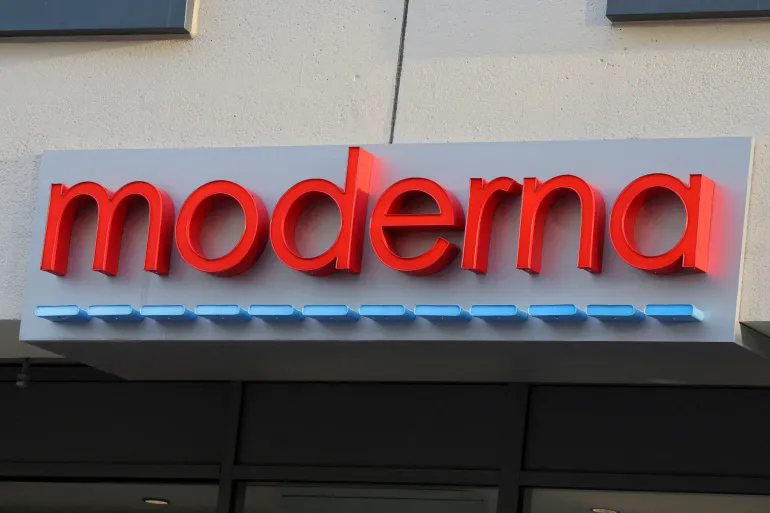
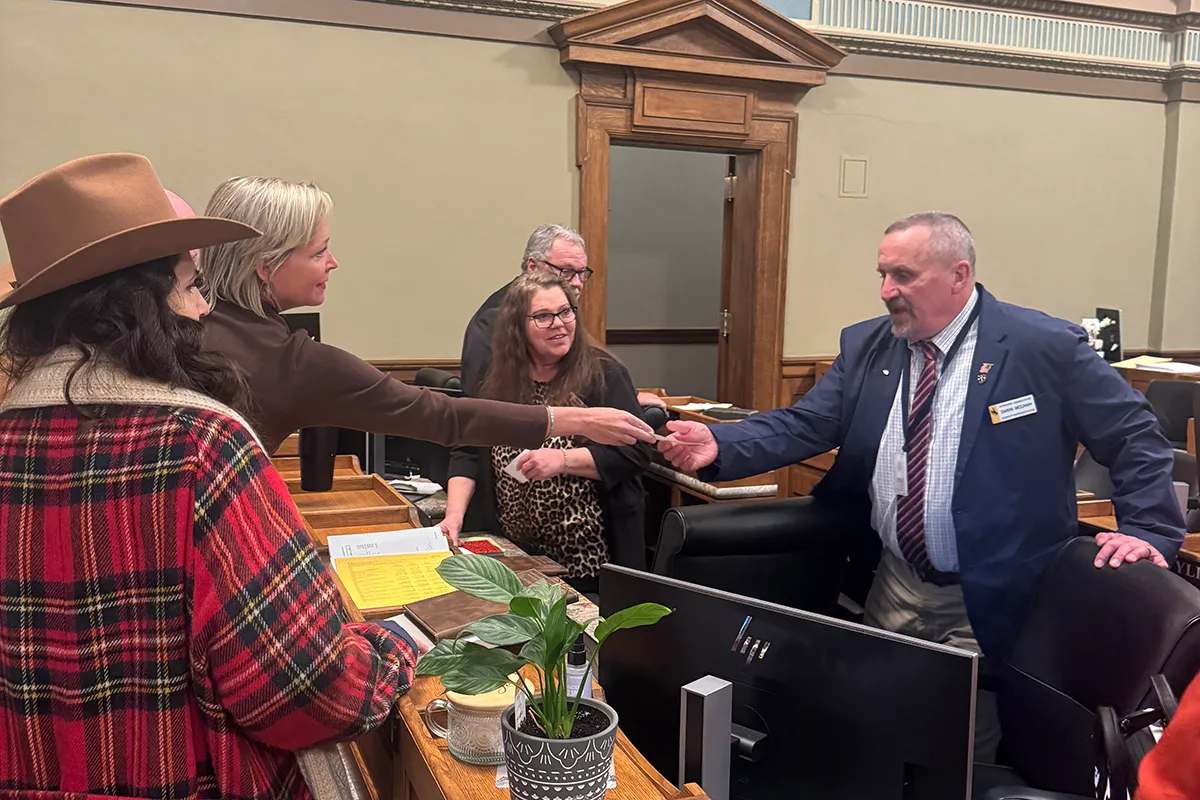
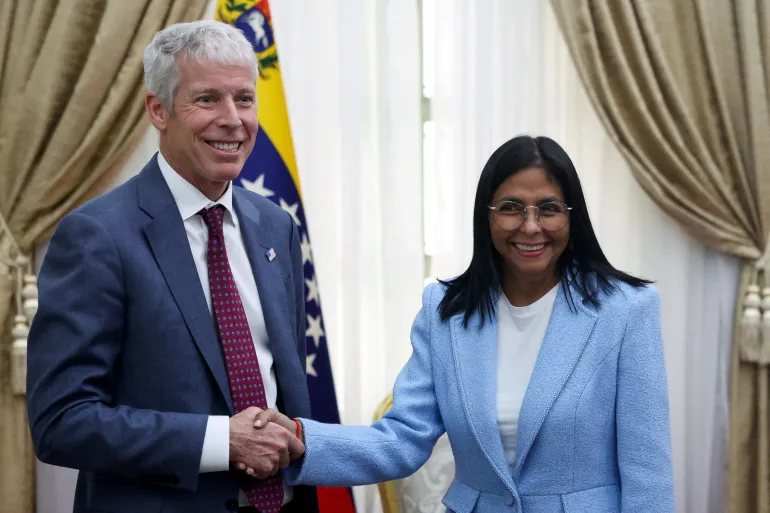
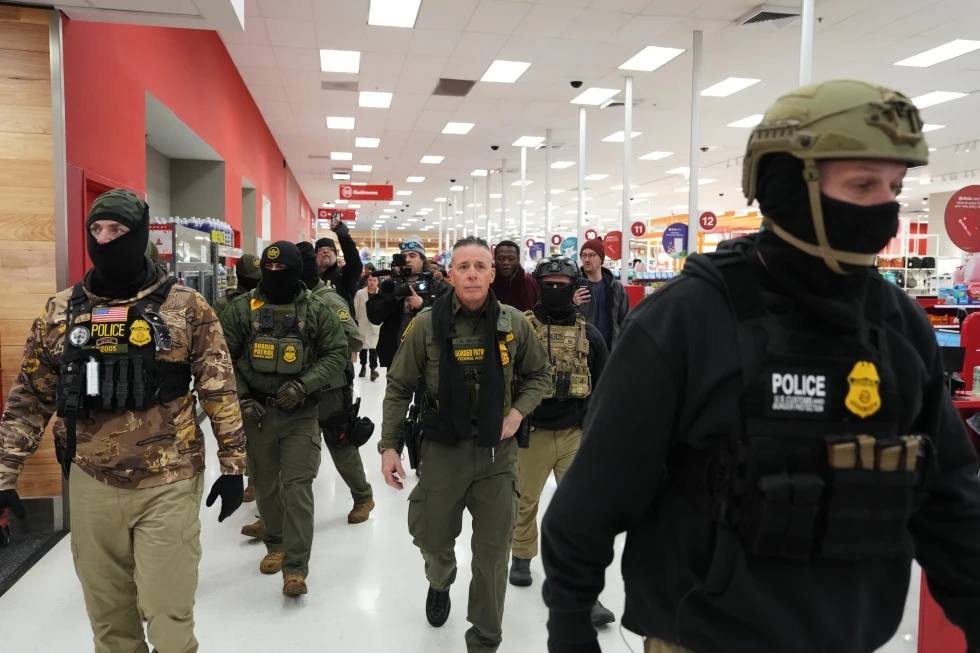
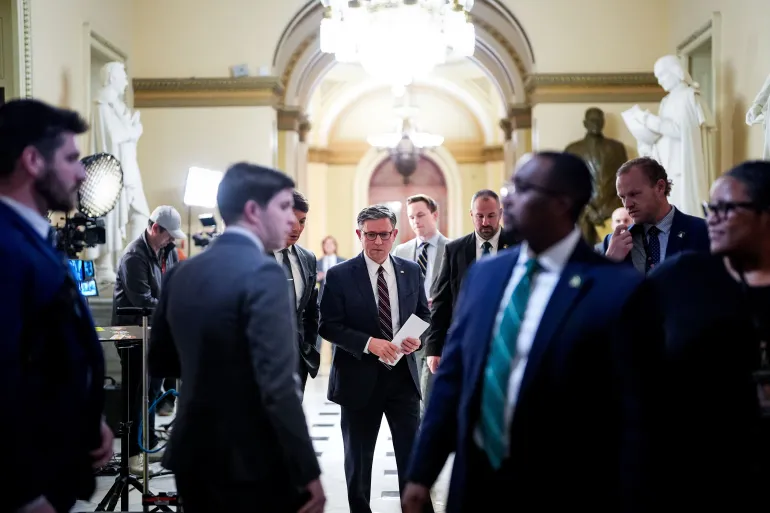
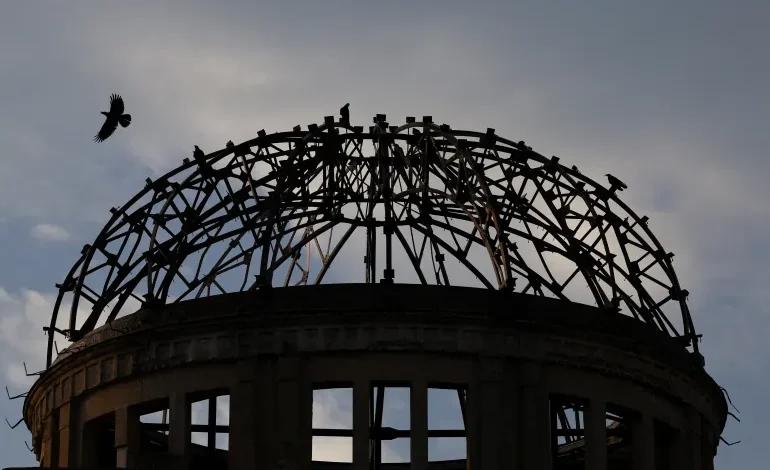




The latest news in your social feeds
Subscribe to our social media platforms to stay tuned